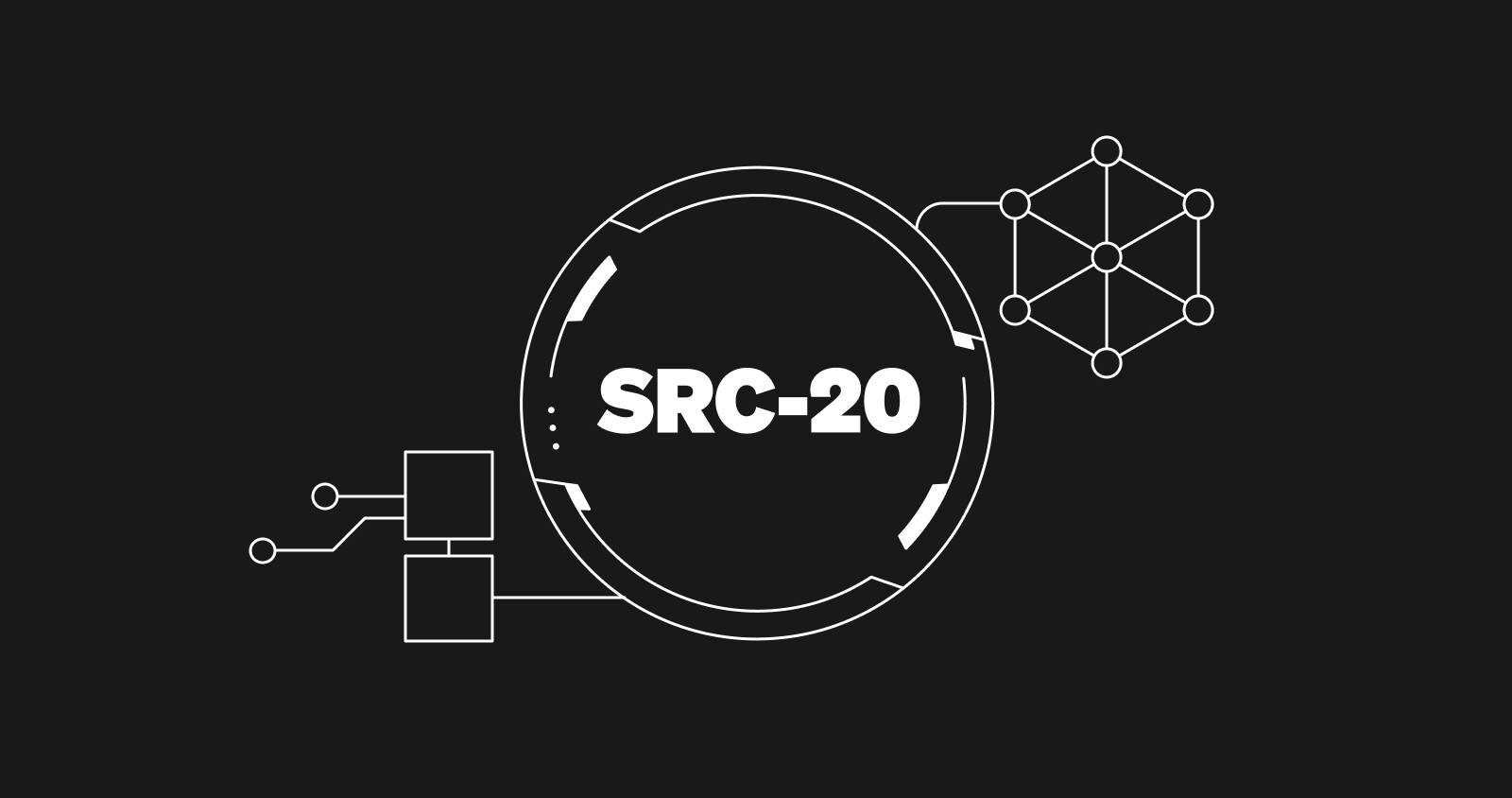
What is SRC-20?
As blockchain technology advances, new token standards are emerging to meet the diverse needs of various networks. The SRC-20 token standard, created for the Sui blockchain, is one of the latest developments that has garnered attention. Known for simplifying asset creation and transfer, SRC-20 tokens leverage the scalability and efficiency of the Sui network.
This guide delves into SRC-20 token development, covering its functionalities, advantages, and the steps for creating an SRC-20 token for blockchain projects in 2024.
Understanding SRC-20
SRC-20 is a token standard similar to Ethereum’s ERC-20, tailored specifically for the Sui blockchain—a Layer-1 blockchain built to provide high scalability and low transaction costs. SRC-20 tokens adhere to protocols that ensure compatibility with decentralized applications (dApps) and wallets on the Sui network.
These tokens represent digital assets, utilities, or currencies on the blockchain and can serve multiple purposes, including governance tokens, in-game assets, and stablecoins.
Why Choose SRC-20?
SRC-20 tokens offer distinct advantages over other token standards:
- Scalability: Sui’s design allows for efficient scaling without network congestion.
- Low Transaction Fees: Sui’s minimal fees make it cost-effective for developers and businesses.
- Quick Confirmation: Fast processing times enhance the user experience, particularly for dApps and DeFi platforms.
- Security: Sui’s advanced cryptography ensures strong asset security.
Benefits of SRC-20 Token Development
SRC-20 token development offers numerous benefits to blockchain developers, businesses, and investors:
- Interoperability: SRC-20 tokens integrate easily within the Sui ecosystem, supporting dApps, DEXs, and wallets.
- Customization: Developers can design SRC-20 tokens for various applications, such as DeFi protocols or NFTs.
- Efficiency: Sui’s architecture enables quick transactions and low fees, making SRC-20 tokens ideal for mass adoption.
- Security & Transparency: The Sui blockchain’s robust security ensures SRC-20 tokens are secure and tamper-proof.
Key Features of SRC-20 Tokens
SRC-20 tokens have several features that make them versatile across use cases:
- Minting & Burning: Supports creation and destruction of tokens, allowing control over supply.
- Transferability: Easy transfer across users and dApps within the Sui ecosystem.
- Divisibility: Customizable token divisibility for fine-tuned transactions.
- Upgradeable Contracts: Allows contract updates without full system overhauls.
Use Cases for SRC-20 Tokens
SRC-20 tokens have broad applications across industries:
- DeFi Protocols: Serve as governance, utility, or liquidity pool tokens in DeFi.
- NFT Ecosystems: Combined with NFTs, they can represent in-game assets or collectibles.
- Stablecoins: Can be pegged to real-world currencies for stability.
- Tokenized Securities: Represent ownership in assets like real estate or stocks.
- Gaming: Used as in-game currency or virtual assets in blockchain-based games.
Steps to Develop an SRC-20 Token
- Define Your Token’s Purpose: Establish the token’s intended use, which will guide its design and features.
- Choose a Blockchain Network: Ensure compatibility with SRC-20 standards and consider factors like scalability, security, and fees.
- Select Development Tools: Key tools include the Sui Framework, Rust programming, and the Sui Testnet/Devnet.
- Set Up a Development Environment: This includes access to a blockchain node, a compatible wallet, and an IDE for writing contracts.
- Write the Smart Contract: Code the essential components of your SRC-20 token, including name, symbol, supply, transfer function, decimals, and any optional functions like minting.
- Test the Token: Use a testnet to ensure smooth functionality, testing for minting, transfers, and security.
- Deploy the Token on Mainnet: After testing, deploy the token to the main blockchain.
- Verify the Smart Contract: Verification enhances transparency and allows others to interact with your token.
- Distribute & Market Your Token: Use airdrops, ICOs, or staking rewards to promote adoption.
- List on Exchanges: Listing on DEXs that support Sui can improve token visibility and liquidity.
Challenges in SRC-20 Token Development
SRC-20 token development brings its own challenges:
- Security Risks: Vulnerabilities in the smart contract can pose security threats.
- Regulatory Compliance: Certain jurisdictions may have regulations governing token use.
- Developer Skill Requirements: SRC-20 development requires expertise in Rust and blockchain technology.
Conclusion
SRC-20 token development presents a promising opportunity for leveraging Sui’s low fees, scalability, and security. Developers can create tailored tokens for diverse applications, whether in DeFi, gaming, or NFTs. As adoption of the Sui blockchain grows, SRC-20 tokens are expected to play a central role in the blockchain ecosystem. For those launching blockchain projects in 2024, understanding SRC-20 token development will be key to staying competitive in the evolving landscape of decentralized finance and blockchain innovation.


















